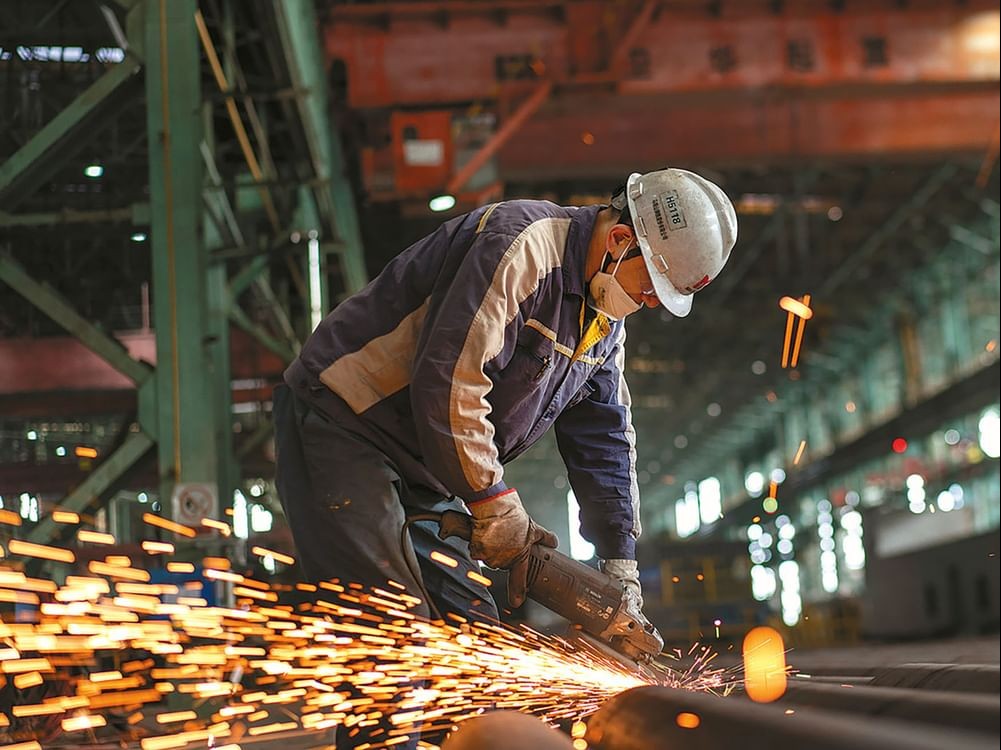Urgent
Abu Dhabi University hosts seventh Women in Engineering Forum 2025
 A.R.M. Holding, BIG-Bjarke Ingels Group unveil Jebel Ali urban project
A.R.M. Holding, BIG-Bjarke Ingels Group unveil Jebel Ali urban project
 President of Uganda receives Abdullah bin Zayed
President of Uganda receives Abdullah bin Zayed
 China unveils broad measures to stimulate economy
China unveils broad measures to stimulate economy
 Emir of Qatar, Indian Prime Minister review regional, international developments
Emir of Qatar, Indian Prime Minister review regional, international developments
 Saudi Crown Prince, Iraqi Prime Minister discuss enhancing bilateral relations
Saudi Crown Prince, Iraqi Prime Minister discuss enhancing bilateral relations
 48 Palestinians martyred in Gaza in past 24 hours
48 Palestinians martyred in Gaza in past 24 hours
 Bodour Al Qasimi sets Sheraa’s trajectory during BOA meeting
Bodour Al Qasimi sets Sheraa’s trajectory during BOA meeting

 A.R.M. Holding, BIG-Bjarke Ingels Group unveil Jebel Ali urban project
A.R.M. Holding, BIG-Bjarke Ingels Group unveil Jebel Ali urban project
 President of Uganda receives Abdullah bin Zayed
President of Uganda receives Abdullah bin Zayed
 China unveils broad measures to stimulate economy
China unveils broad measures to stimulate economy
 Emir of Qatar, Indian Prime Minister review regional, international developments
Emir of Qatar, Indian Prime Minister review regional, international developments
 Saudi Crown Prince, Iraqi Prime Minister discuss enhancing bilateral relations
Saudi Crown Prince, Iraqi Prime Minister discuss enhancing bilateral relations
 48 Palestinians martyred in Gaza in past 24 hours
48 Palestinians martyred in Gaza in past 24 hours
 Bodour Al Qasimi sets Sheraa’s trajectory during BOA meeting
Bodour Al Qasimi sets Sheraa’s trajectory during BOA meeting











Comments